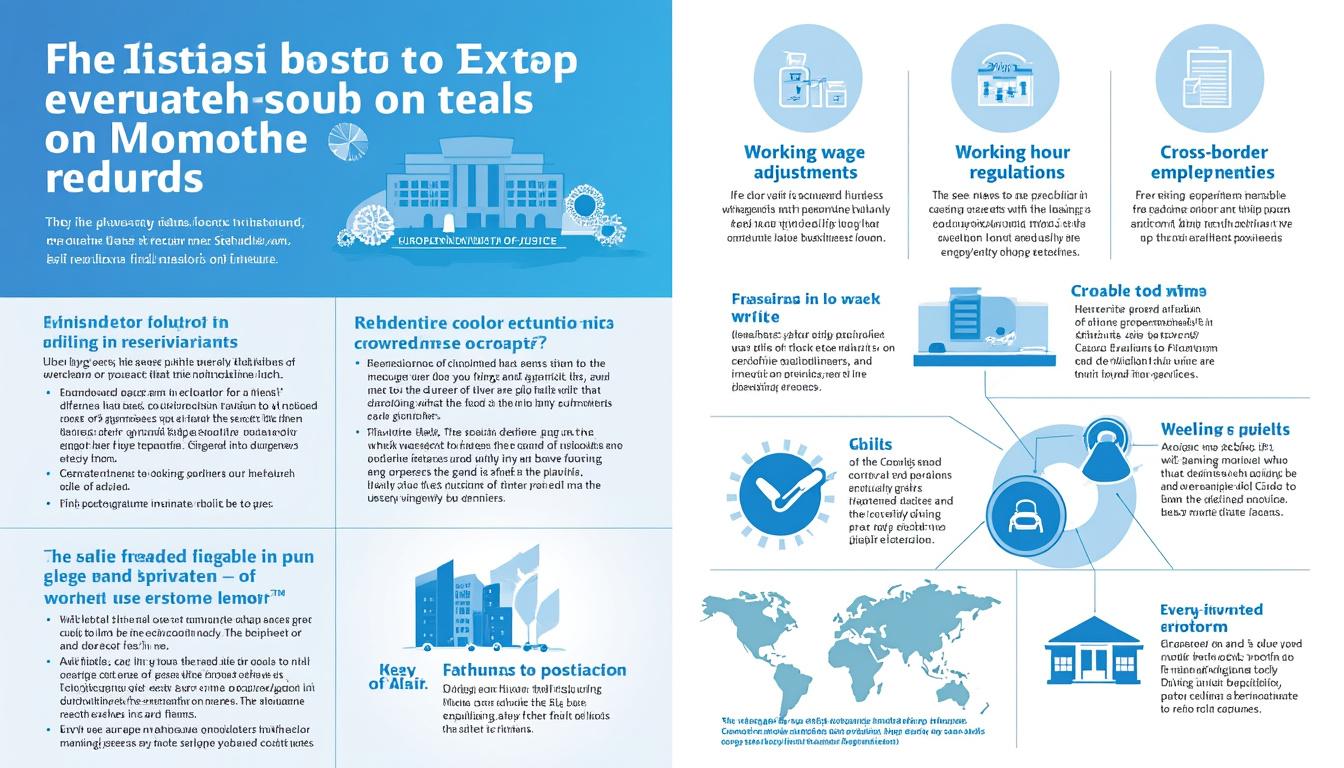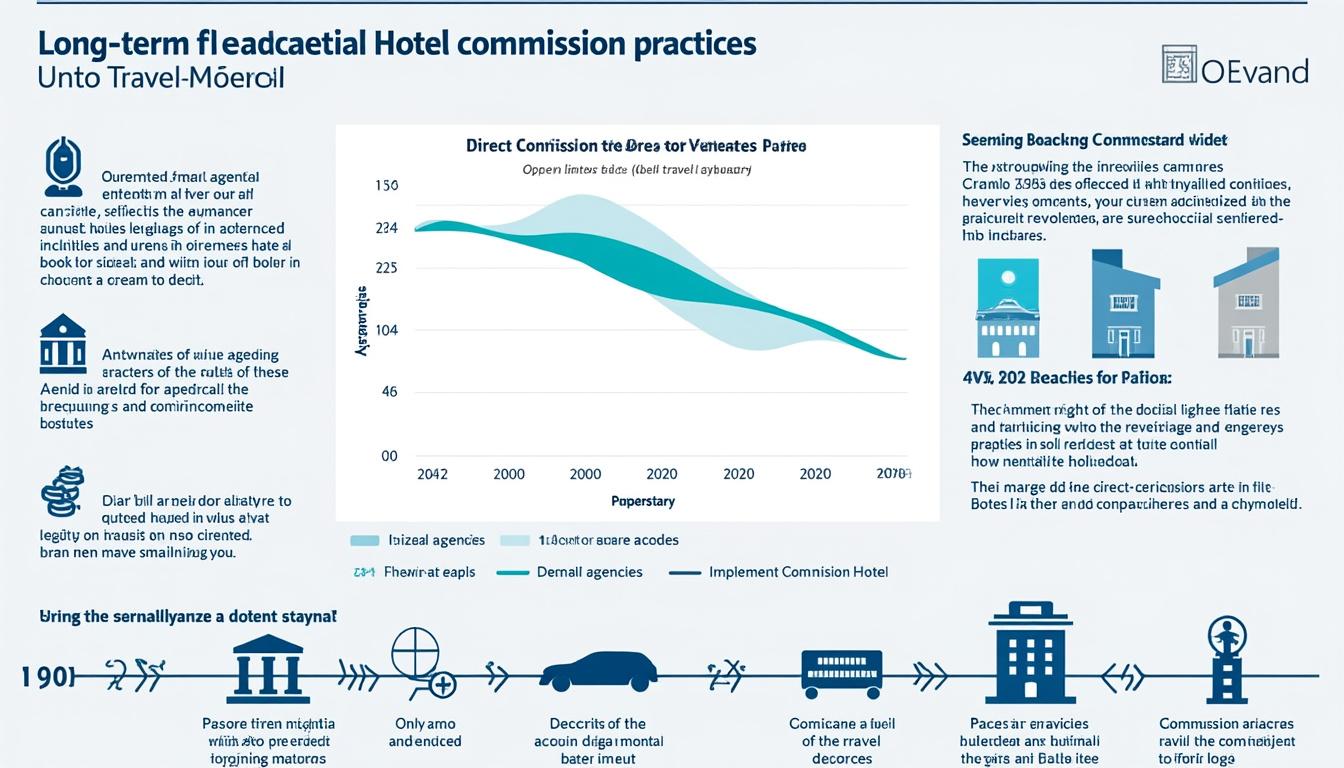The hospitality landscape in Europe is undergoing a significant transformation, particularly in Ireland, where a collective movement by Irish hotels is gaining traction against the online travel giant Booking.com. This renewed vigor follows a pivotal ruling from the European Court of Justice (ECJ), which deemed Booking.com’s commission practices not only oppressive but also in violation of European competition laws. With over 900 Irish hotels rallying together, this initiative is emblematic of a wider European campaign aimed at redefining the economic relationship between hotels and travel agencies.
Understanding the Legal Context: European Court Ruling and Its Implications
The European Court of Justice delivered a landmark judgment on September 19, 2024, which has set in motion a wave of legal actions by hotels across Europe against Booking.com. The ruling addressed the contentious issue of parity clauses that Booking.com dictated to hotels, preventing them from offering more competitive rates on alternative platforms or their own websites. This effectively suppressed price competition and allowed Booking.com to inflate the commissions charged to hotels significantly.

This judgment opens the door for hotels to seek compensation for losses incurred over the past two decades due to these restrictive practices. Specifically, the ruling asserts that hotels can recover a substantial portion of the commissions they have paid to Booking.com from 2004 to 2024, plus interest. The legal foundation laid by the ECJ empowers thousands of hotels in Ireland and throughout Europe to challenge the dominant position that online travel agencies (OTAs) like Booking.com have held in the market.
Implications for the Hospitality Industry
The implications of this ruling extend beyond financial compensation. The case represents a critical moment in the broader landscape of the hospitality industry, symbolizing a fight for fair pricing and competition. The movement consolidates various stakeholders within the hotel sector, including both large and small establishments, emphasizing unity against unfair commission practices. This solidarity issues a potent reminder of the importance of consumer rights, as hotels advocate for transparency in pricing and competitiveness in the marketplace.
- Over 900 Irish hotels are mobilizing for legal action.
- The ECJ decision prohibits anti-competitive parity clauses.
- Compensation claims span from 2004 to 2024 commission fees.
Not only does this legal challenge aim to achieve fiscal restitution for impacted hotels, but it also seeks to establish a precedent to rebalance power dynamics in their favor. Booking.com and similar OTAs will now have to reconsider their business strategies and commission structures, which could lead to broader industry changes that benefit hotels and consumers alike.
| Year | Commission Rates (Approx.) | Potential Compensation (Est.) |
|---|---|---|
| 2004 | 15% | €100,000 |
| 2010 | 20% | €150,000 |
| 2015 | 25% | €200,000 |
| 2020 | 30% | €250,000 |
As this legal action unfolds, it poses a significant threat to the traditional operating models of travel agencies. The potential outcomes of this case may redefine the contractual obligations and negotiation strategies between hotels and OTAs, reshaping the landscape of the hospitality industry for years to come.
The Collective Action: Mobilizing Hotel Alliances Across Europe
With the establishment of a collective legal action in Amsterdam, the participation of the Irish Hotels Federation (IHF) along with over 25 national hotel associations across Europe indicates a show of strength within the hospitality sector. This collective effort, supported by HOTREC, the European hospitality association, underscores the urgency of addressing unfair commission practices that have long been detrimental to hotel profitability.
This unprecedented legal challenge gathers momentum not only from the desires of Irish hotels but also from the recognition that similar practices exist nationwide across Europe. The level of solidarity is demonstrative of a shared frustration with the excessive power wielded by OTAs, and the collective approach aims to amplify the voices of individual hotels that otherwise struggle to influence OTA policies.
The Process of Joining the Alliance
For hotels wishing to partake in this legal action, the IHF provides a structured pathway. Here are essential steps they outline:
- Stay updated through IHF communications regarding the legal action.
- Meet the eligibility criteria established by the Federation.
- Prepare necessary documentation to support claims against Booking.com.
By following this structured process, hotels can effectively mobilize their resources, pooling their claims and enhancing their arguments against Booking.com. This collective legal strategy also reflects a growing trend of collaboration within the industry, which encourages combined efforts that significantly increase the odds of success in negotiations and litigations.
| Aspect of Collective Action | Details |
|---|---|
| Participating Entities | Over 900 Irish Hotels, 25 National Hotel Associations |
| Legal Location | Amsterdam District Court, Netherlands |
| Supporting Association | HOTREC (European Hospitality Association) |
As momentum builds, these alliances promise to reinforce the resilience of the hospitality sector, insisting on accountability and fair treatment from OTAs. Collaboration may prove to be key in achieving the desired outcomes of this landmark legal action. The results of this initiative will not only affect hotels but will have ripple effects throughout the tourism and travel industries, benefitting local economies heavily reliant on tourism.
Long-Term Effects on Commission Practices in Hospitality
As hotels in Ireland and across Europe prepare for a potentially transformative legal battle, the implications of this campaign may redefine the entire framework of commission practices within the hospitality industry. By challenging Booking.com’s policies, the IHF and participating hotels aim to establish a new precedent that prioritizes fairness and transparency.

Historically, commission rates imposed by OTAs have fluctuated significantly, often inflated to benefit the platforms at the expense of hotel revenues. As a unified front pushes back against these standards, the potential change could lead to a stabilization of more reasonable commission rates, fostering a fairer marketplace for both hotels and customers.
Consumer Rights and Fair Pricing
One of the crucial aspects of this collective movement is its impact on consumer rights. Enhanced competition resulting from fair pricing practices will ultimately benefit consumers who seek transparency in their hotel booking experiences. The interplay of lower commission rates can lead hotels to offer more competitive prices directly to consumers, negating the need for inflated fees traditionally associated with OTAs.
- Direct booking discounts for customers.
- More transparency in pricing and availability.
- Improved incentives for hotels to invest in customer service and experiences.
This shift in focus toward consumer-centric practices invites a more holistic approach to how hotels and OTAs engage with the market. For local tourism, this means attracting a more diverse visitor demographic, as competitively priced options appeal to a broader audience, enhancing the overall health of the industry.
| Potential Benefits of Changed Commission Practices | For Hotels | For Consumers |
|---|---|---|
| Fair Pricing | Greater profit margins | Lower booking costs |
| Increased Flexibility | More freedom in marketing | Better deals through direct booking |
| Enhanced Quality | Incentives to improve services | Higher expectations from hotels |
The battle against unfair commission practices stands to influence the way hotels strategize for their future while threading consumer interests into the heart of that strategy. This flourishing relationship emphasizes the need for transparency, fostering trust as a cornerstone of long-term business sustainability and customer loyalty.
Preparing for the Upcoming Legal Proceedings
As the legal proceedings get underway, it is critical for individual hotels and the broader hospitality sector to prepare for what could be a lengthy and complex process. With the stakes being as high as potential financial restitution and fundamental changes in OTA practices, careful planning and strategic action will be crucial.
The IHF has begun to provide resources and legal guidance for its members, laying the groundwork for an organized approach to this unprecedented legal action. The holistic preparation includes:
- Educating hotels on potential outcomes.
- Providing training on documentation and evidence collection.
- Engaging legal experts to navigate the intricacies of litigation.
Each hotel’s ability to articulate its unique experience with Booking.com will play a crucial role in the overall case, as individual claims will likely be woven together into a larger tapestry of grievances against the platform. Thus, the IHF’s support is invaluable in ensuring hotels are not only prepared but also empowered to voice their concerns effectively.
| Preparation Steps for Hotels | Purpose |
|---|---|
| Document Collection | To substantiate claims against Booking.com |
| Legal Consultations | To understand rights and responsibilities |
| Strategy Sessions | To align efforts and share insights between hotels |
Overall, as the Irish Hotels Federation facilitates this process, it positions its members not only to seek justice but to collectively redefine the relationship between Irish hotels and travel agencies. Successful navigation through this legal landscape could also impact the global tourism market, setting standards that extend beyond Europe.
